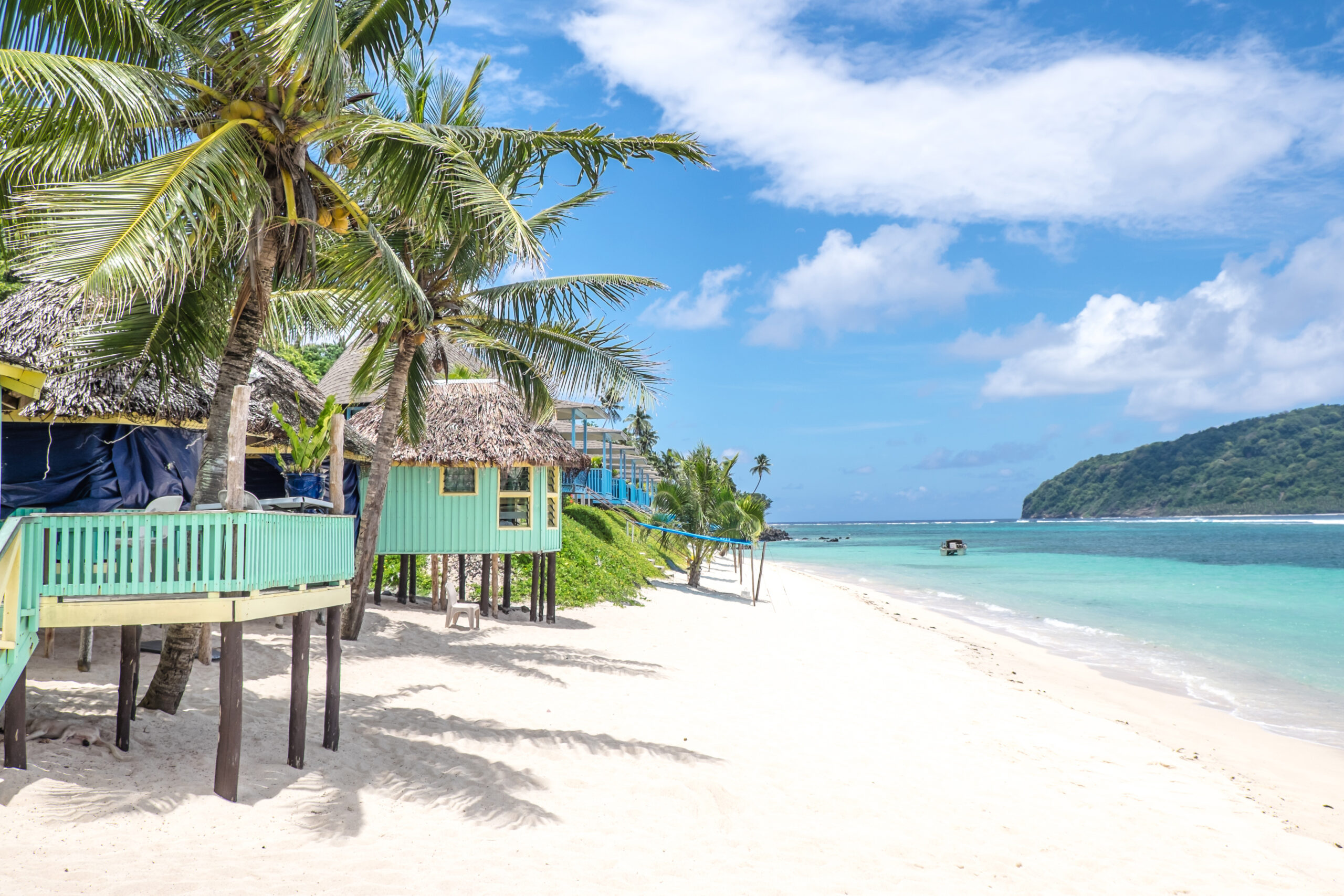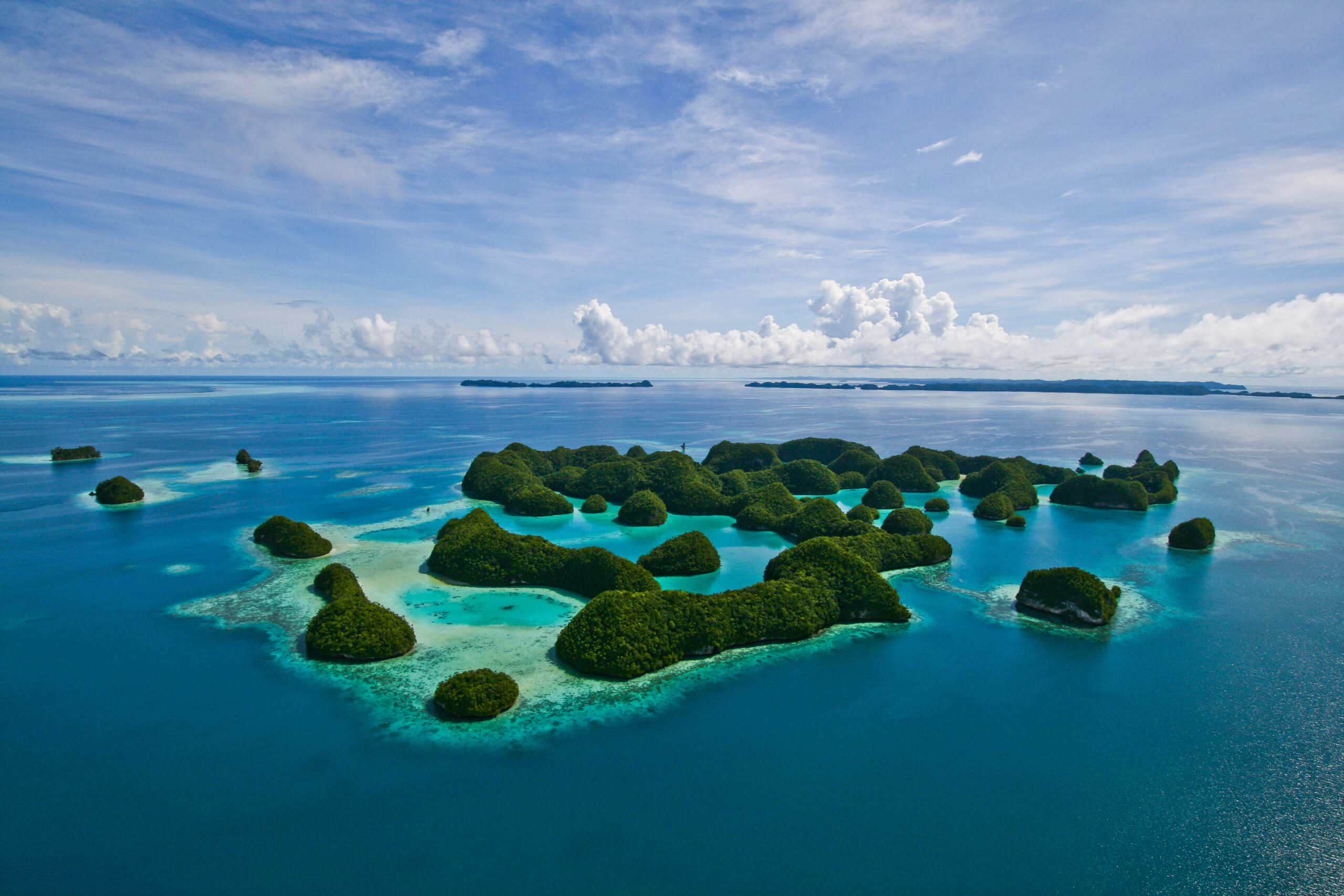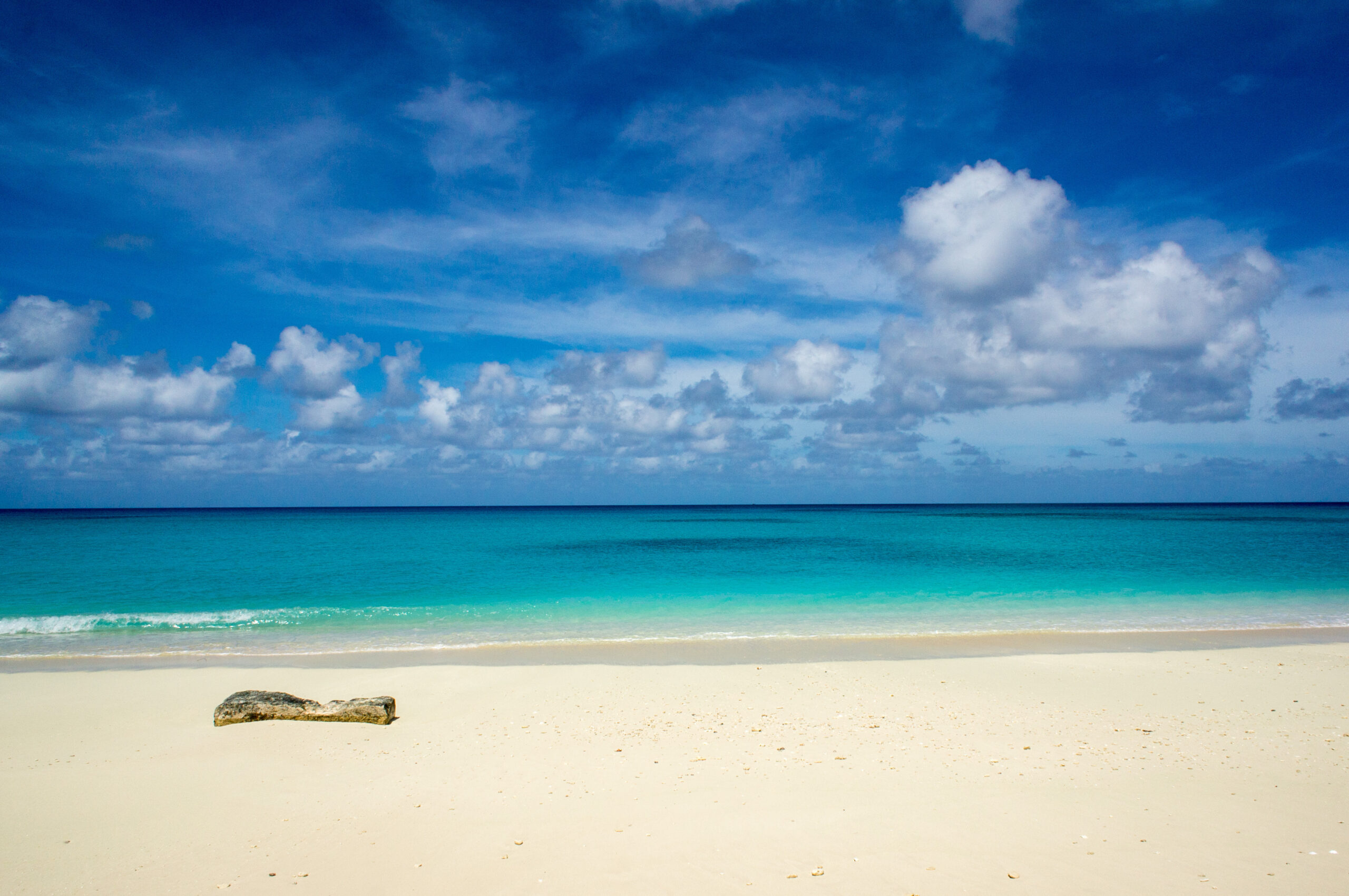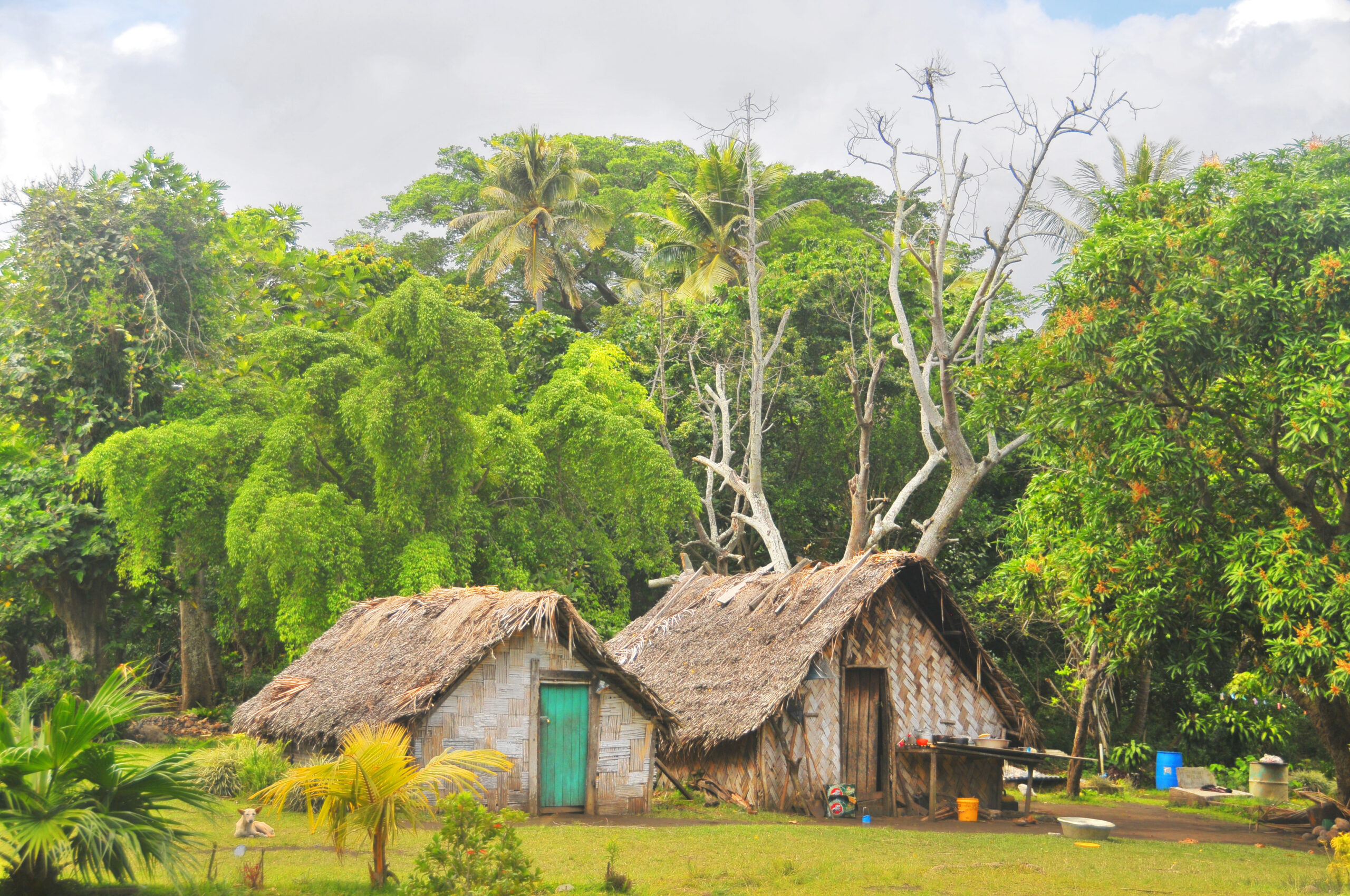Having closed their borders early on, Palau and Micronesia are among just ten countries that have remained Covid-free throughout the pandemic. Rose Dykins reports
Apart from Antarctica, which is the only continent on Earth to have no cases of Covid-19, there are just ten Covid-free countries in the United Nations with zero confirmed cases of the novel coronavirus.
This excludes North Korea and Turkmenistan. Health experts believe the governments of these nations – both known for censorship – are not revealing the true sale of their infection rates.
The ten Covid-free countries – each of them located located in the Pacific Ocean region – are:
• Palau
• Micronesia
• Marshall Islands
• Nauru
• Kribati
• Soloman Islands
• Tuvalu
• Samoa
• Vanuatu
• Tonga
 Each of these are island nations that took early measures to protect and isolate themselves at the start of the pandemic. They all closed their borders comparatively early, and kept them closed.
Each of these are island nations that took early measures to protect and isolate themselves at the start of the pandemic. They all closed their borders comparatively early, and kept them closed.
The virus would be particularly devastating for island nations, which is why the majority have taken stringent measures to either cut off international travel, or enforce mandatory Covid-19 testing.
While the ten Covid-free nations have succeeded in avoiding the virus, they have still been economically impacted by the pandemic.
In Palau, for example, tourism accounts for 40 per cent of national Gross Domestic Product (GDP), which measures economic performance. The 500-island archipelago closed its borders March, along with most of its hotels and restaurants.

 On September 1, “essential air travel” to the island was set to resume. There are also rumours that the nation will create an air corridor with Taiwan – a 3.5-hour flight away, which has also successfully controlled the spread of the virus – in a bid to revive tourism.
On September 1, “essential air travel” to the island was set to resume. There are also rumours that the nation will create an air corridor with Taiwan – a 3.5-hour flight away, which has also successfully controlled the spread of the virus – in a bid to revive tourism.
Meanwhile, the Marshall Islands expects to lost 700 jobs in tourism due to Covid-19 (out of a population of 59,000). But Covid-19 has also hit the country’s fishing industry hard. Exports – including sashimi tuna and aquarium fish – have fallen by 50 per cent during the pandemic due to restrictions placed on foreign ships.
 Over in Vanuatu, the country is yet to feel the full effects of border closures due to Covid-19. Experts suggest this is because 80 per cent of the population live outside of cities and towns, and a large portion are self-sufficient, independent farmers who grow their own food and rely on a local economy.
Over in Vanuatu, the country is yet to feel the full effects of border closures due to Covid-19. Experts suggest this is because 80 per cent of the population live outside of cities and towns, and a large portion are self-sufficient, independent farmers who grow their own food and rely on a local economy.
As a result, people largely feel reluctant to reopen borders yet, and run the risk of opening up the nation to Covid-19. Still, 35 per cent of the country’s GDP is reliant on tourism.
 Looking to the future, travel bubbles are likely to be the first steps towards reopening the borders of these Pacific Ocean island nations.
Looking to the future, travel bubbles are likely to be the first steps towards reopening the borders of these Pacific Ocean island nations.
Australia and New Zealand are the biggest tourism markets for the region, but it remains likely that the two nations will initially “bubble up” with each other first. And this planned Trans-Tasman bubble is has now been postponed following new outbreaks in both countries – a reminder of how quickly plans can shift in response to the virus.
Once nations are able to remain free from community transmission, travel bubbles will become more of an imminent possibility.
What’s coming next? Trend reports available to download HERE



